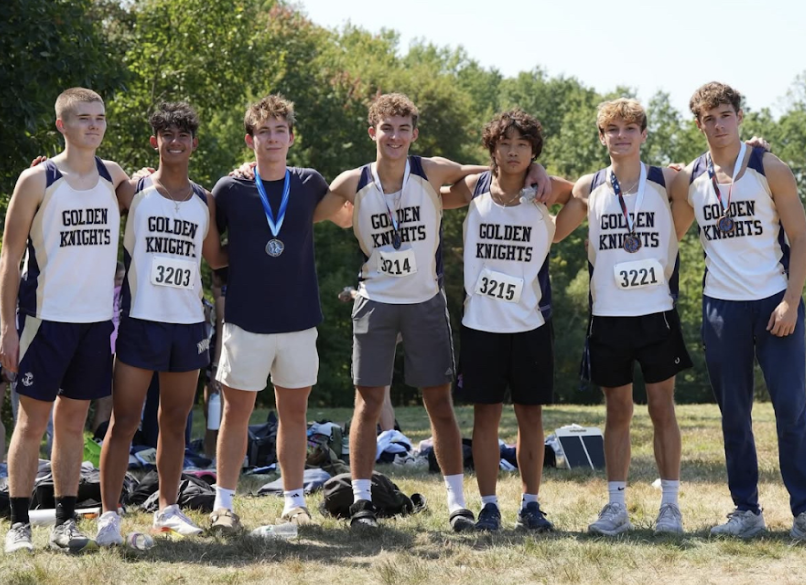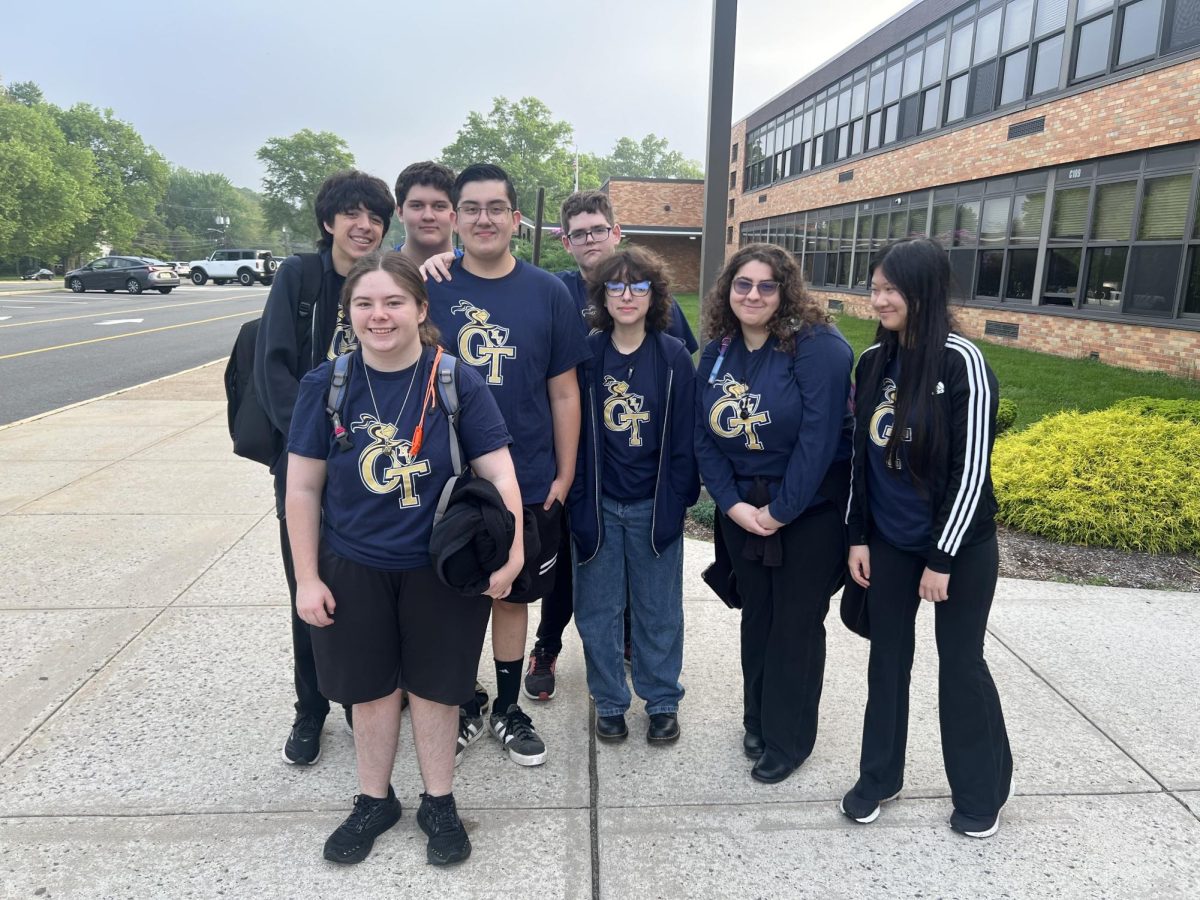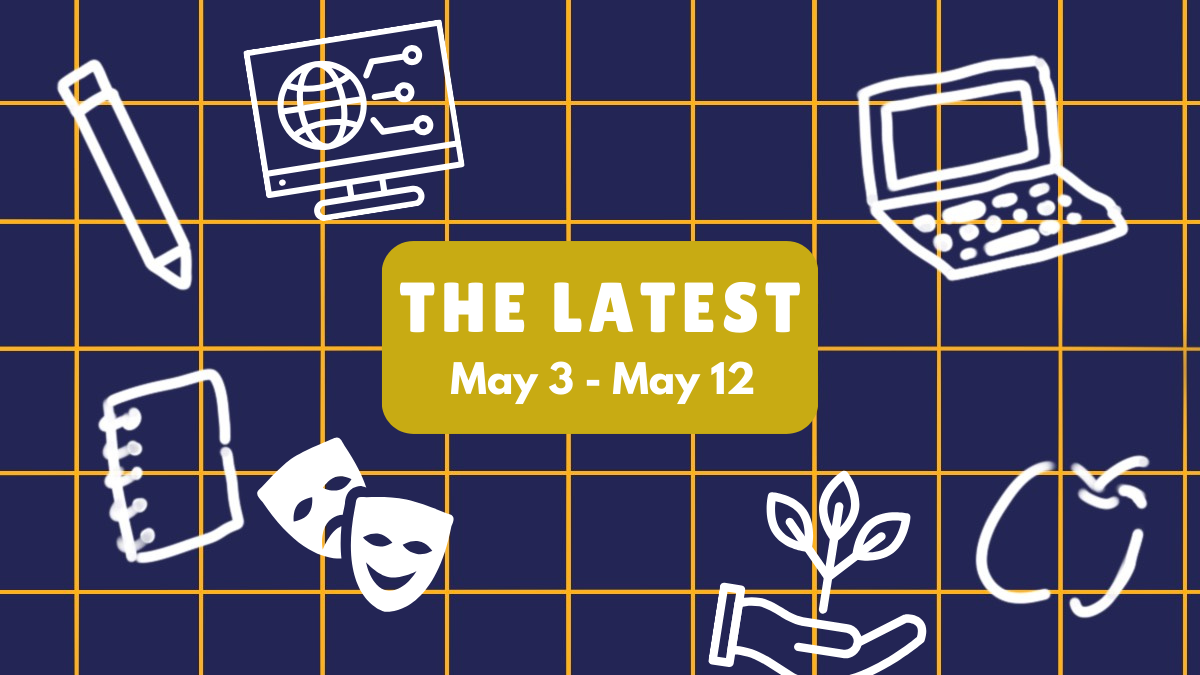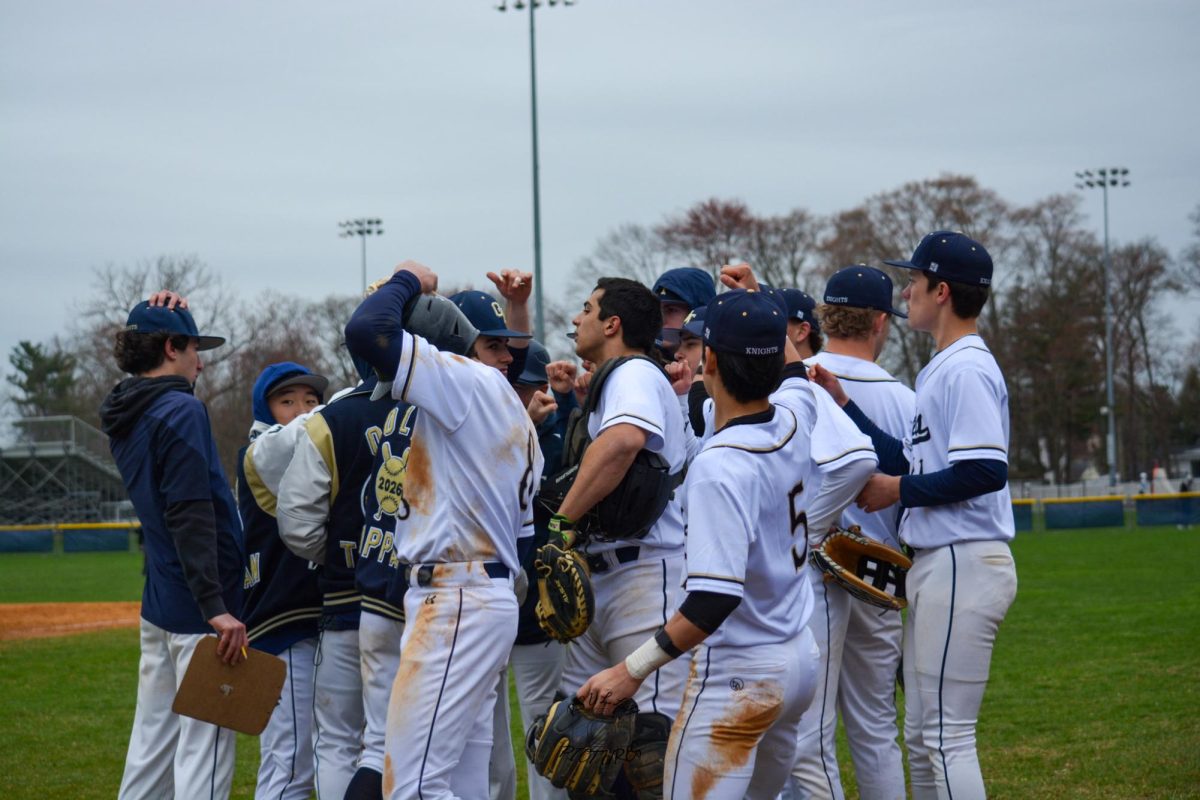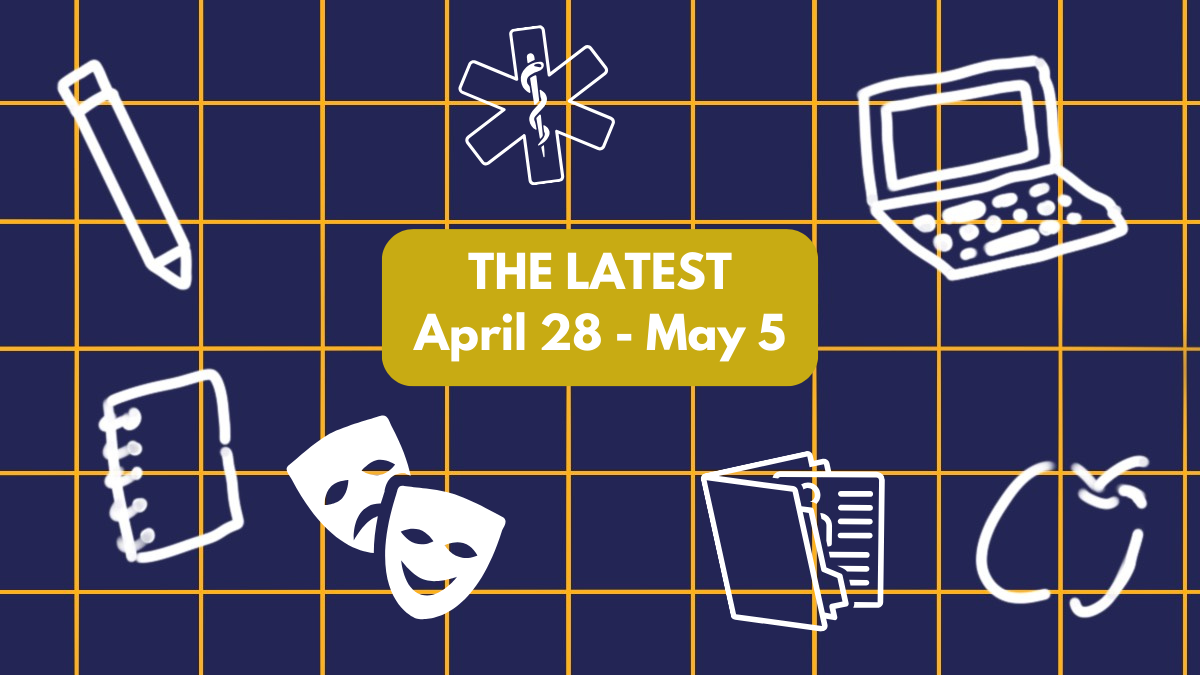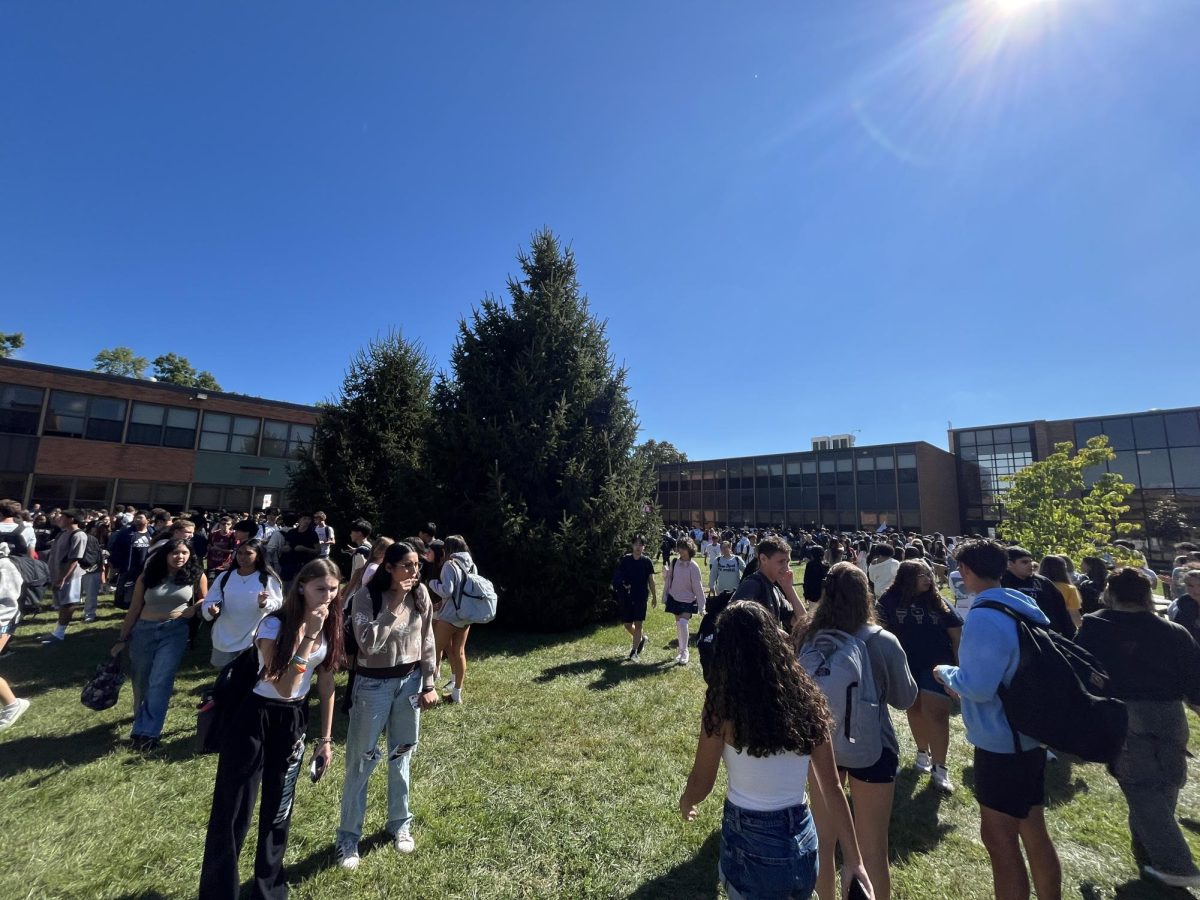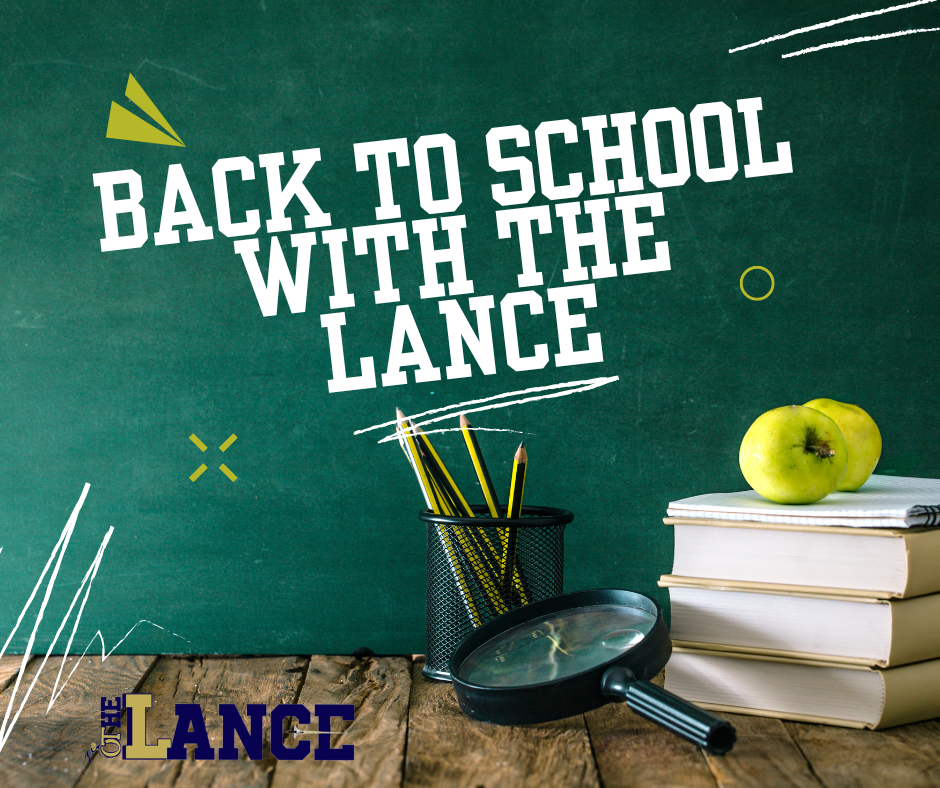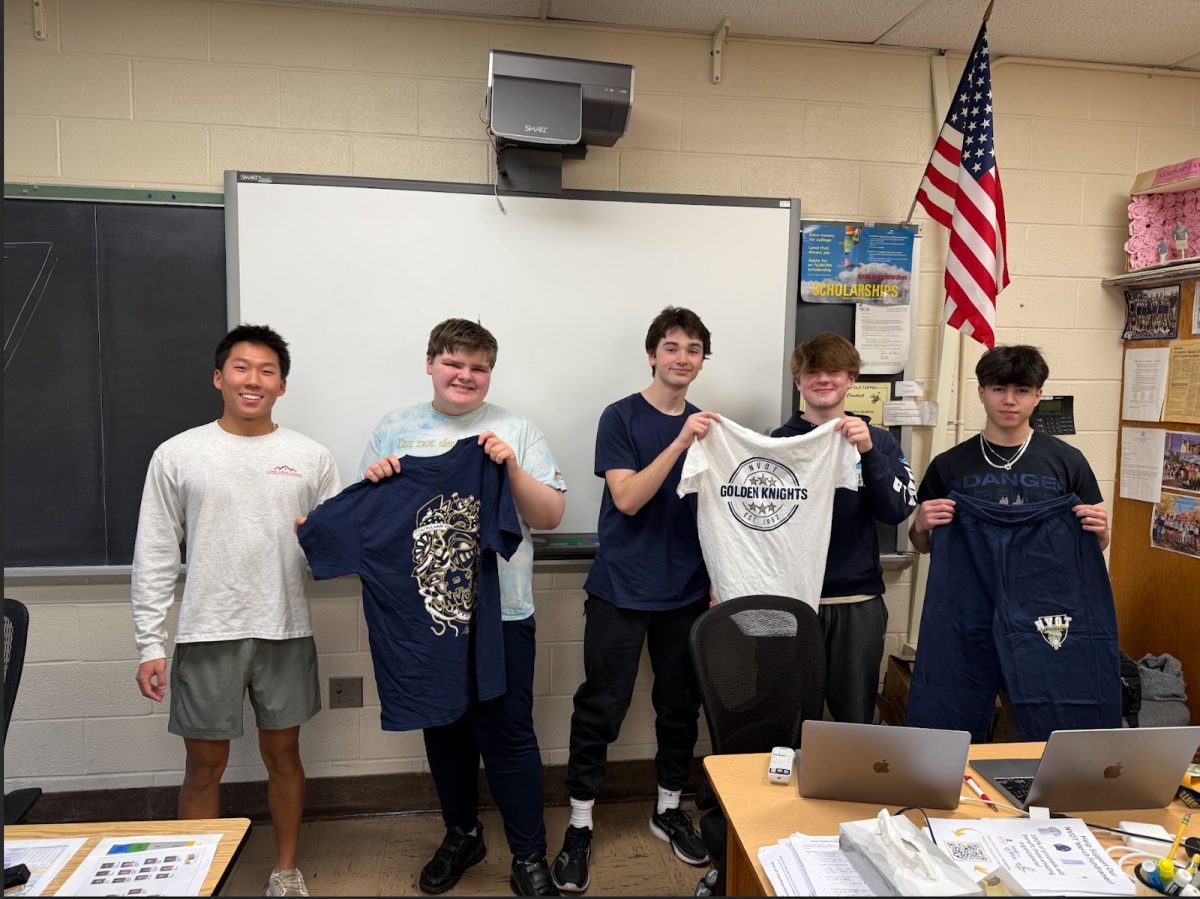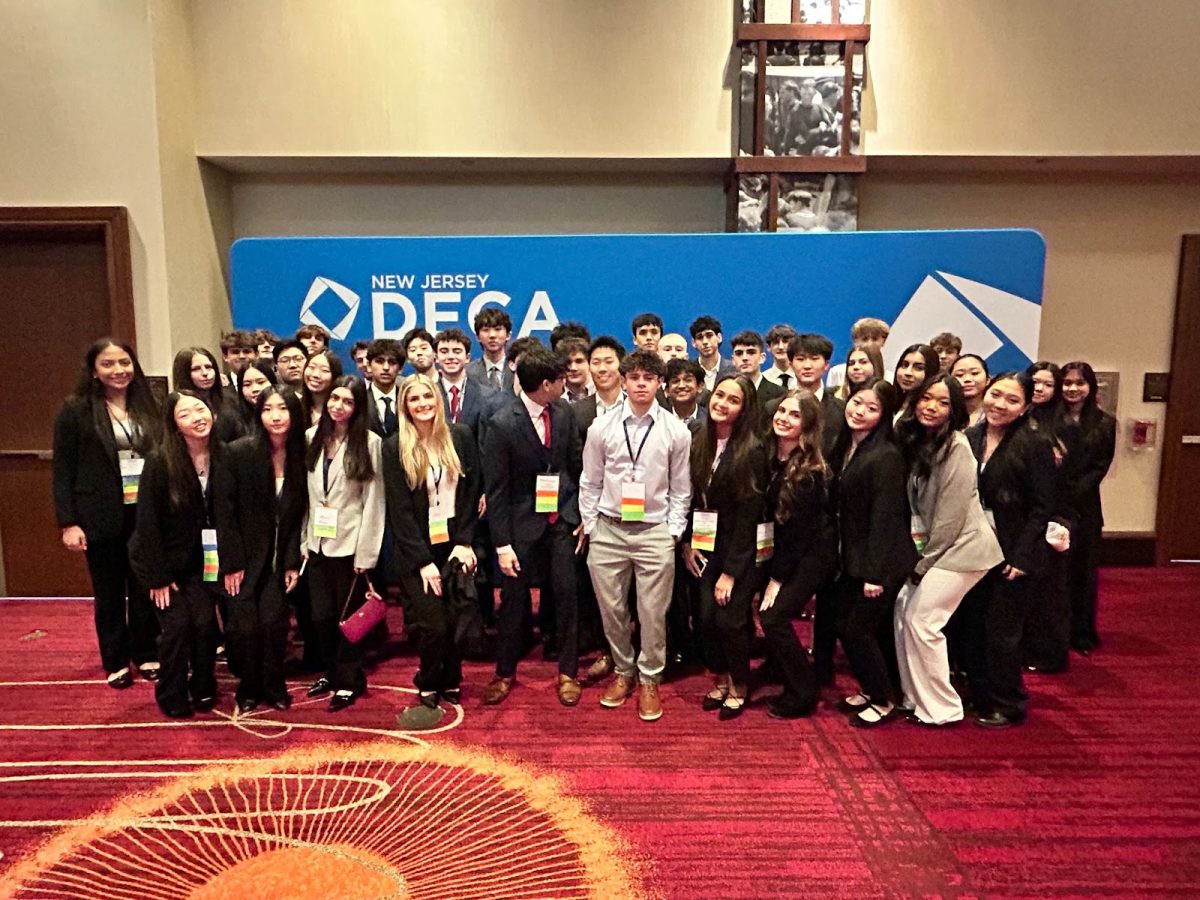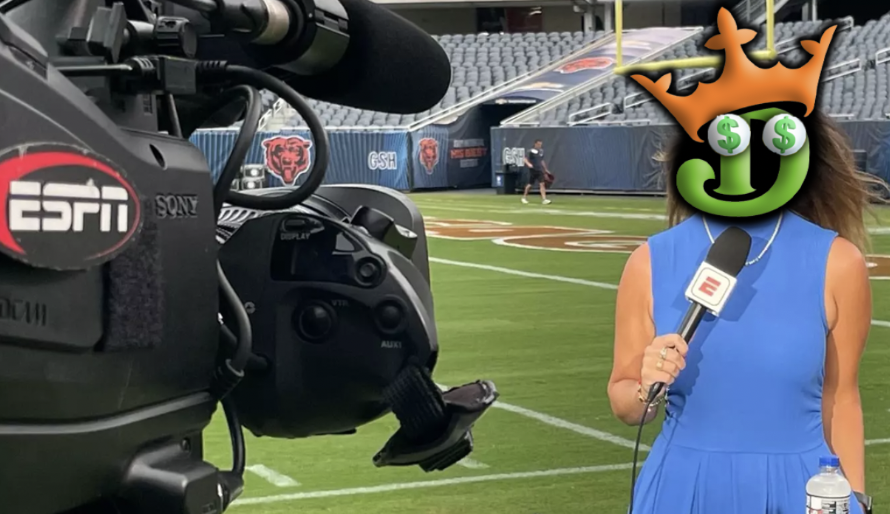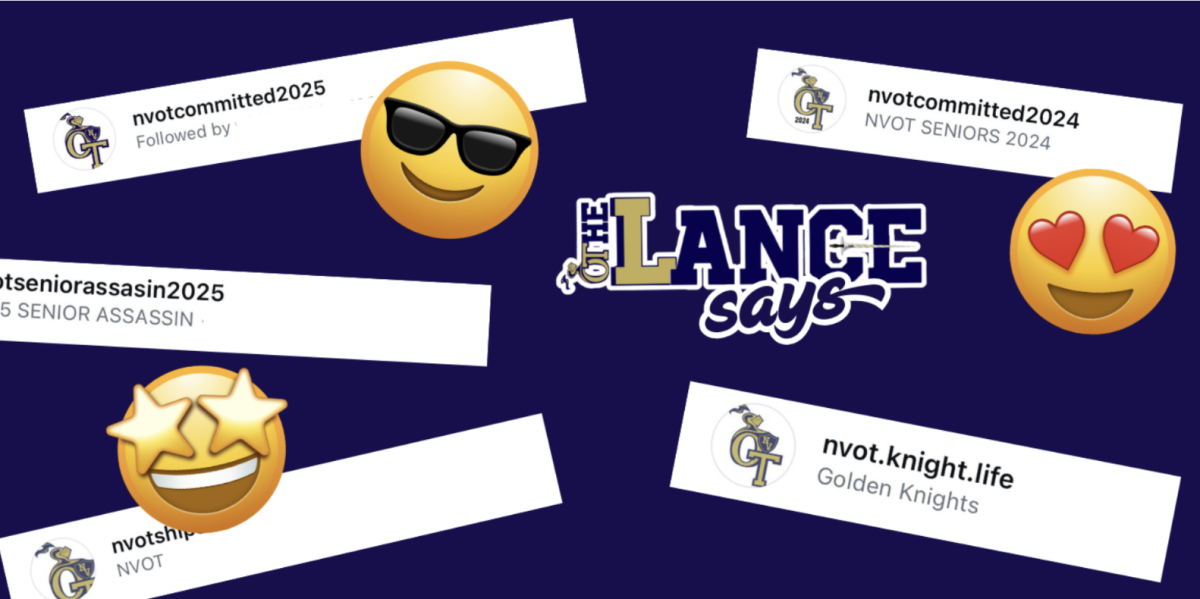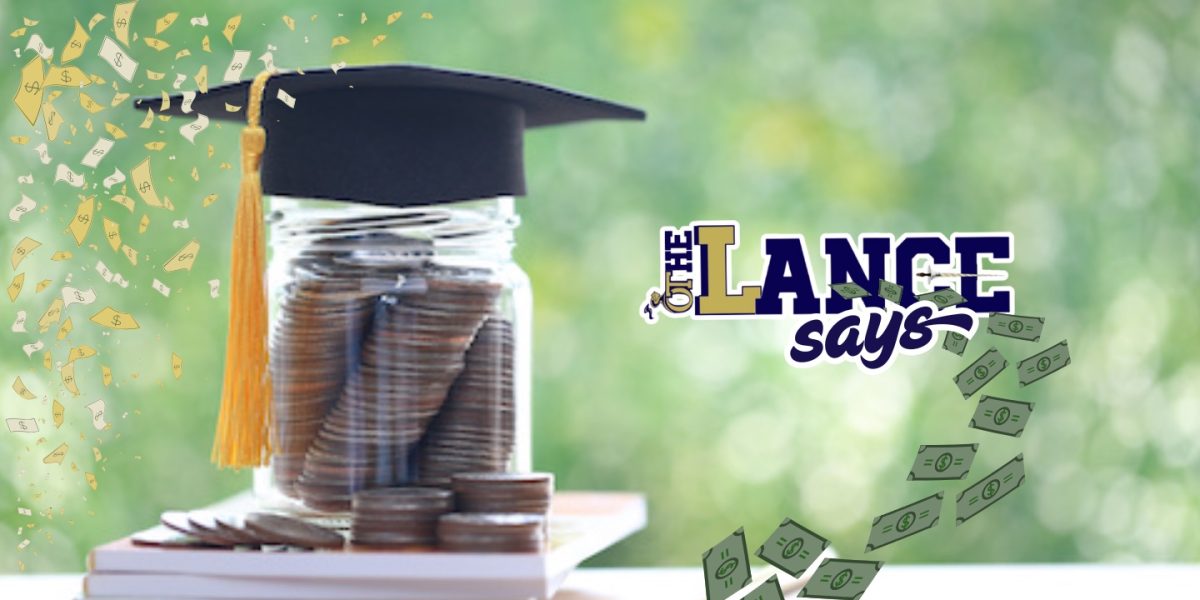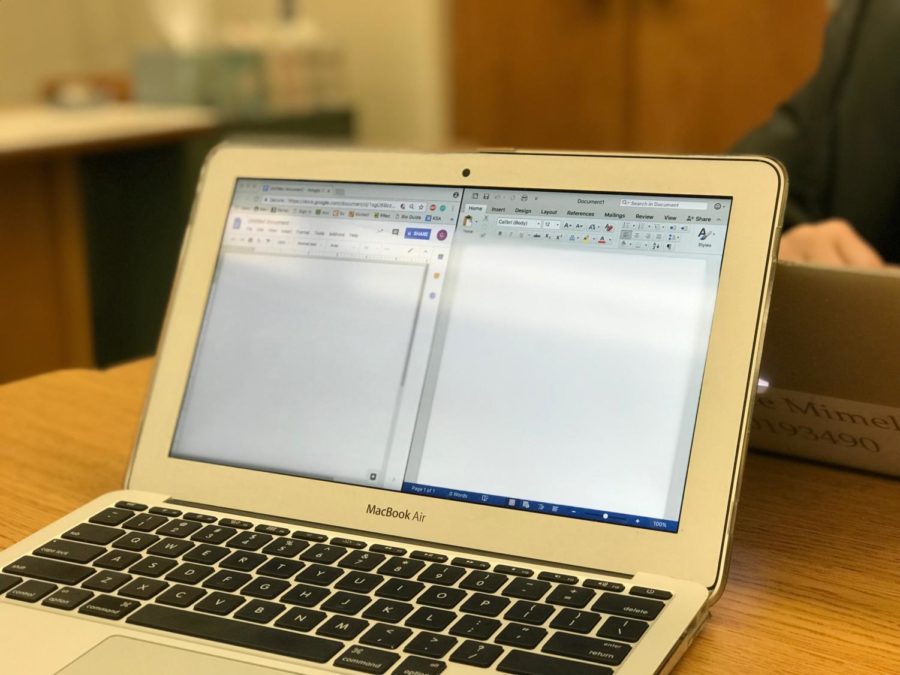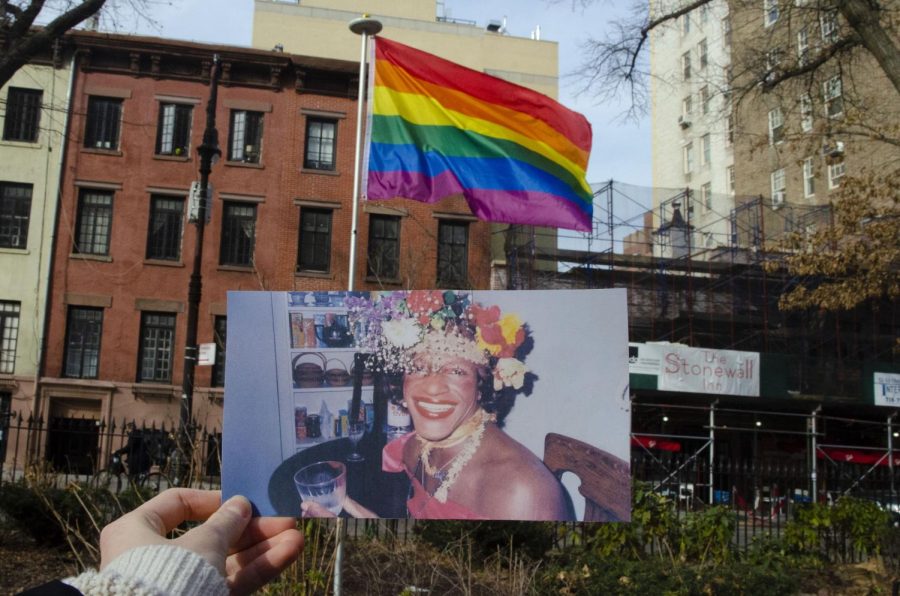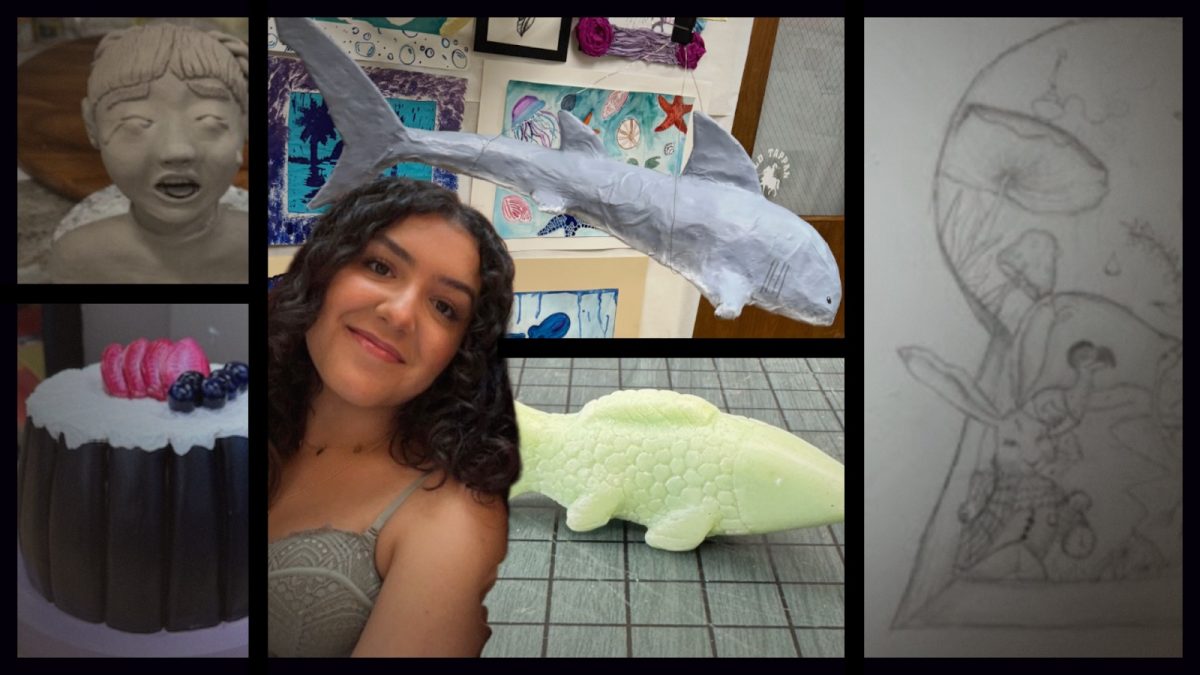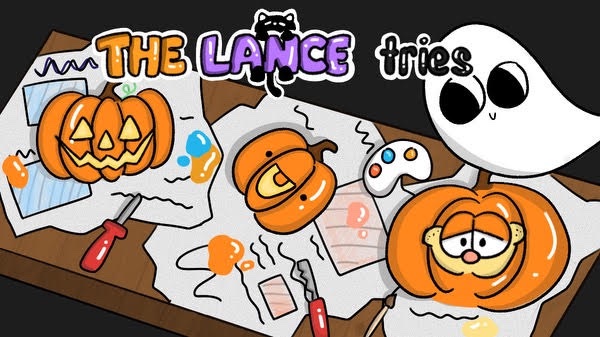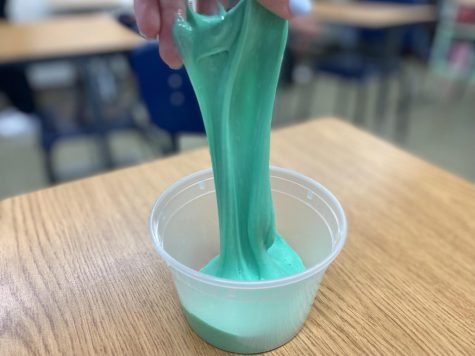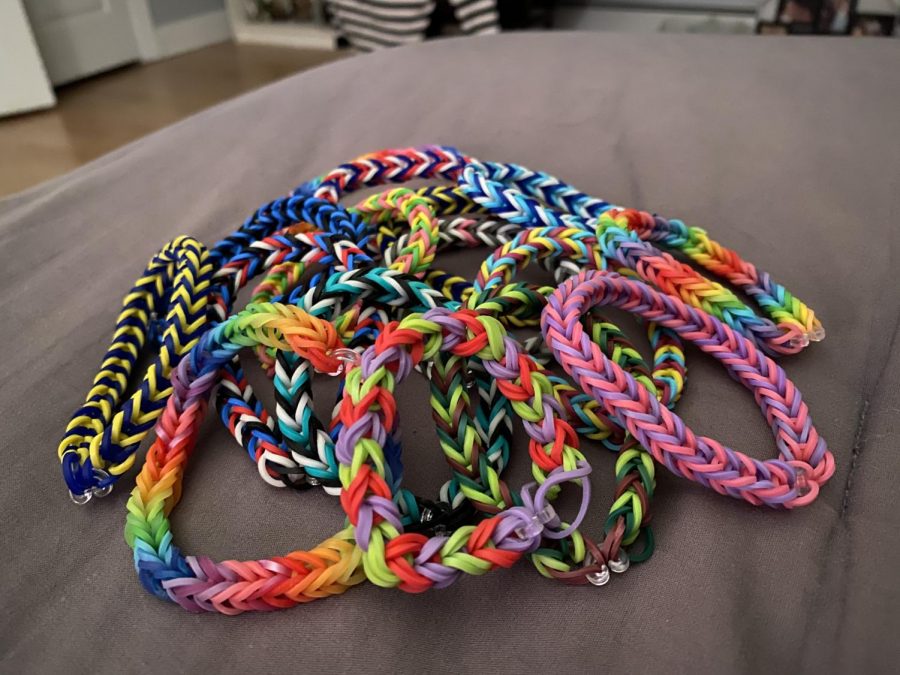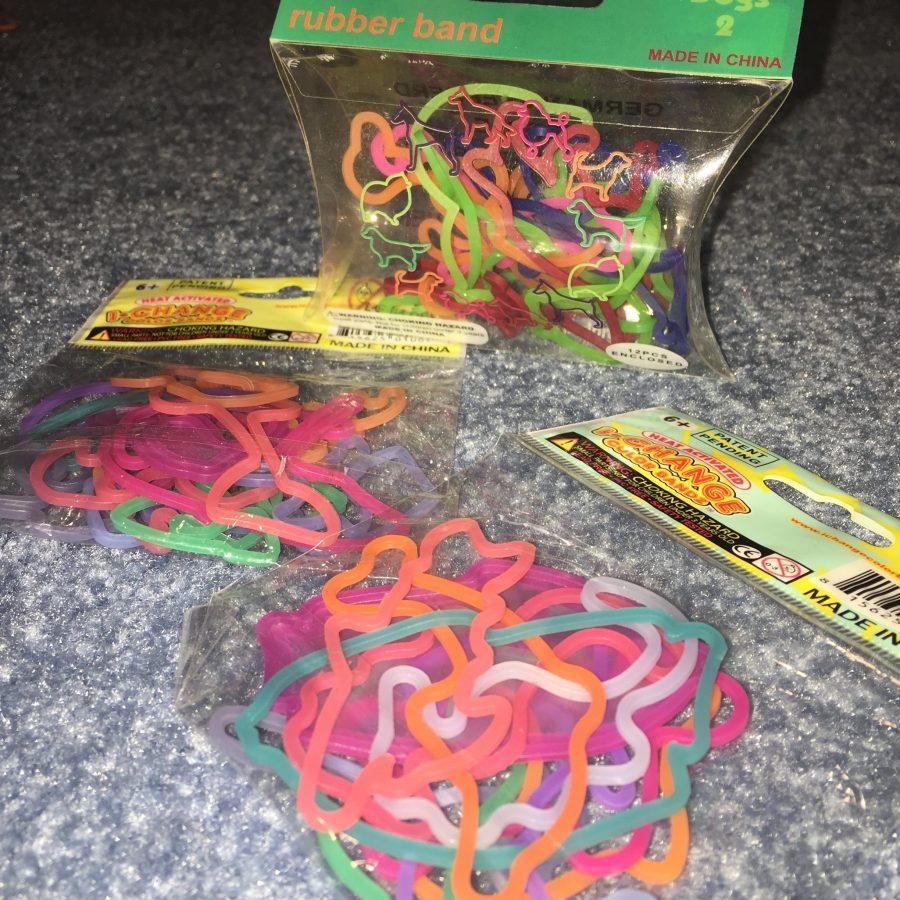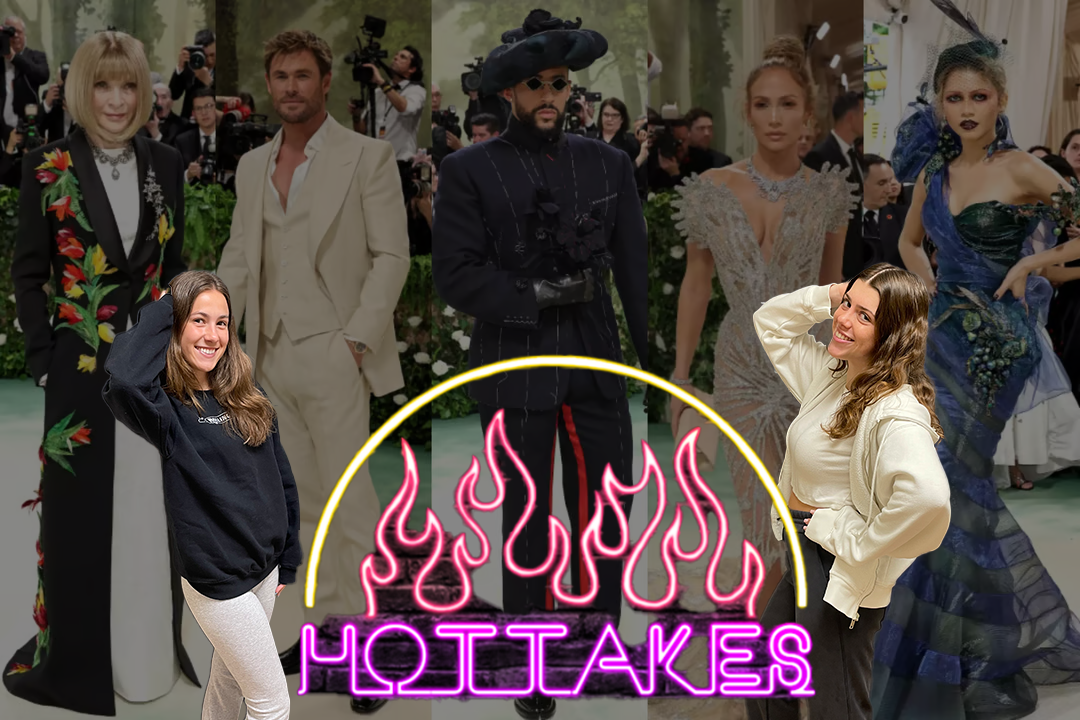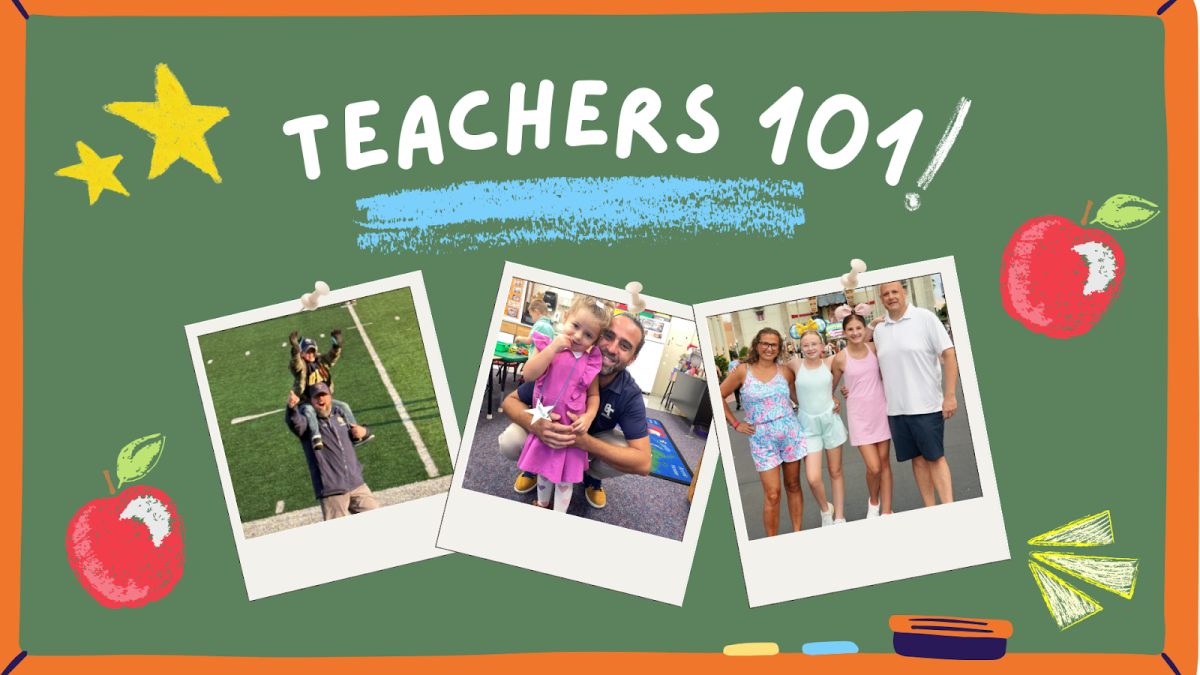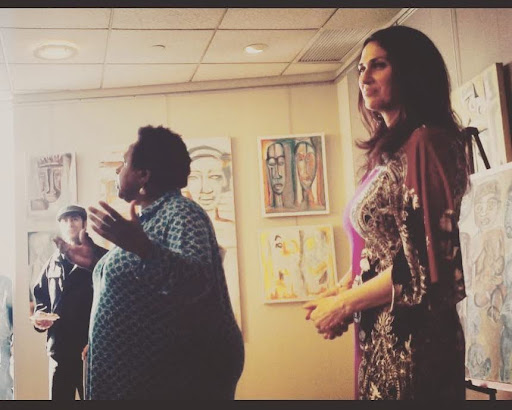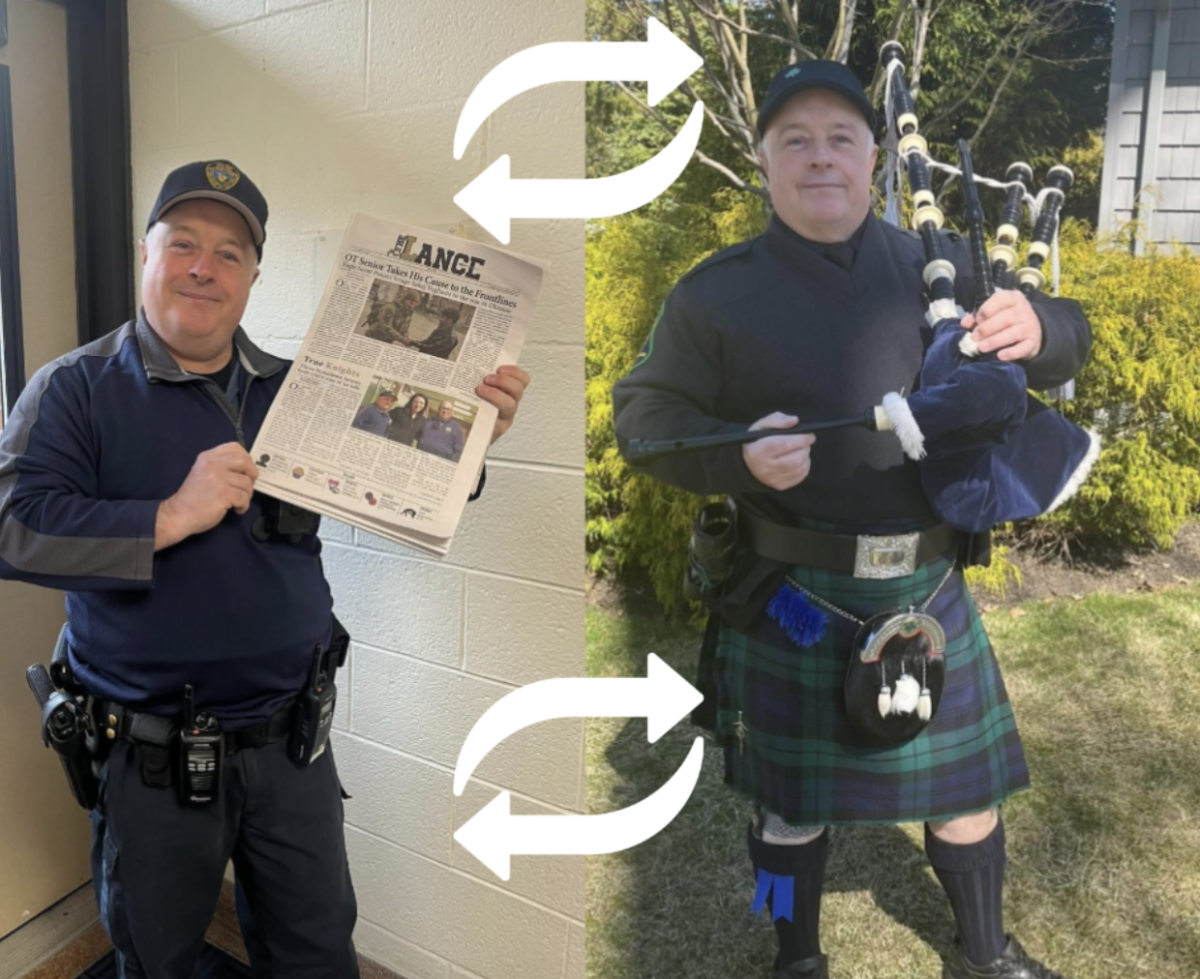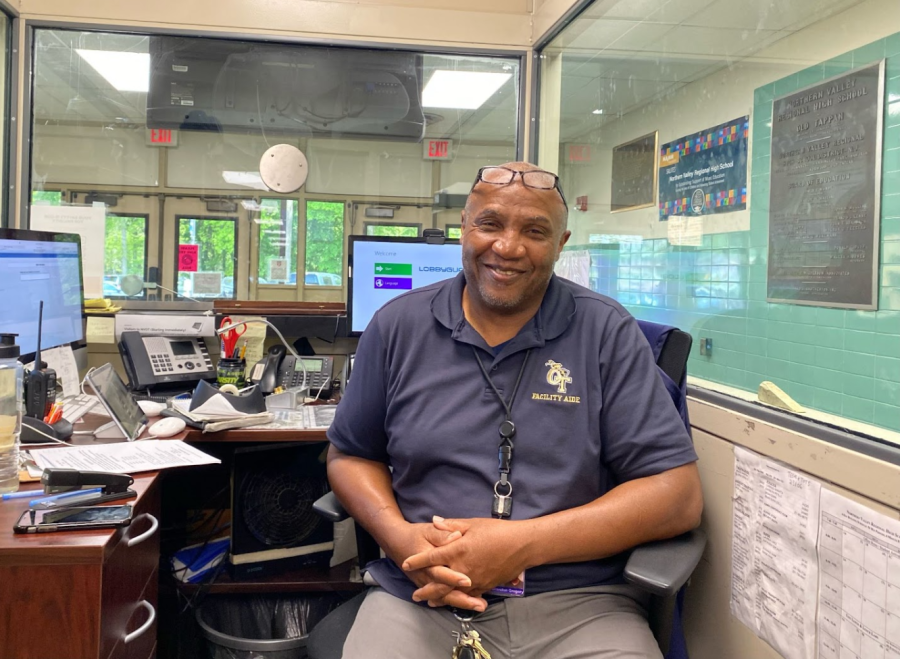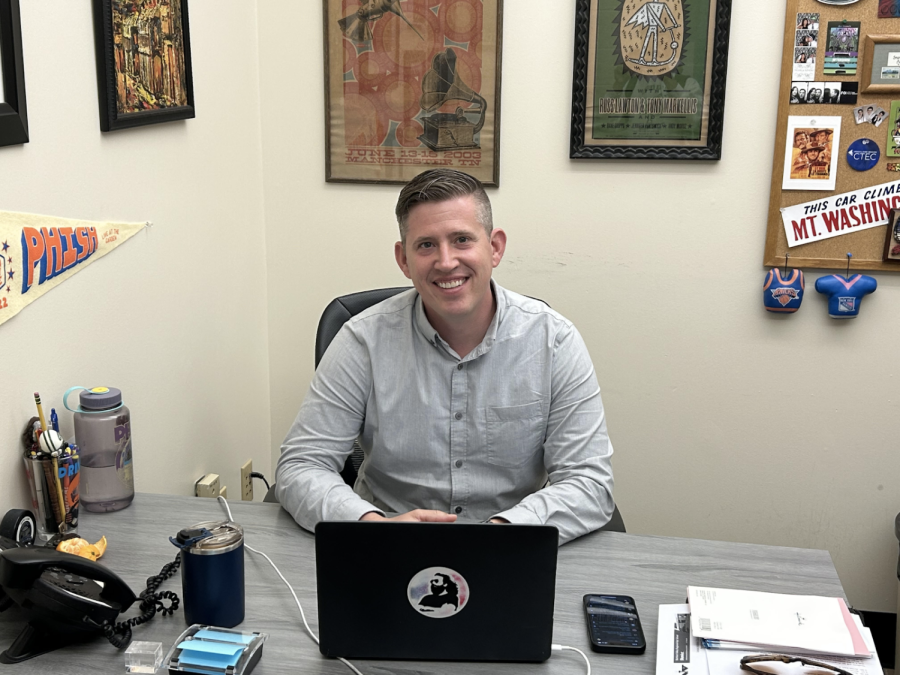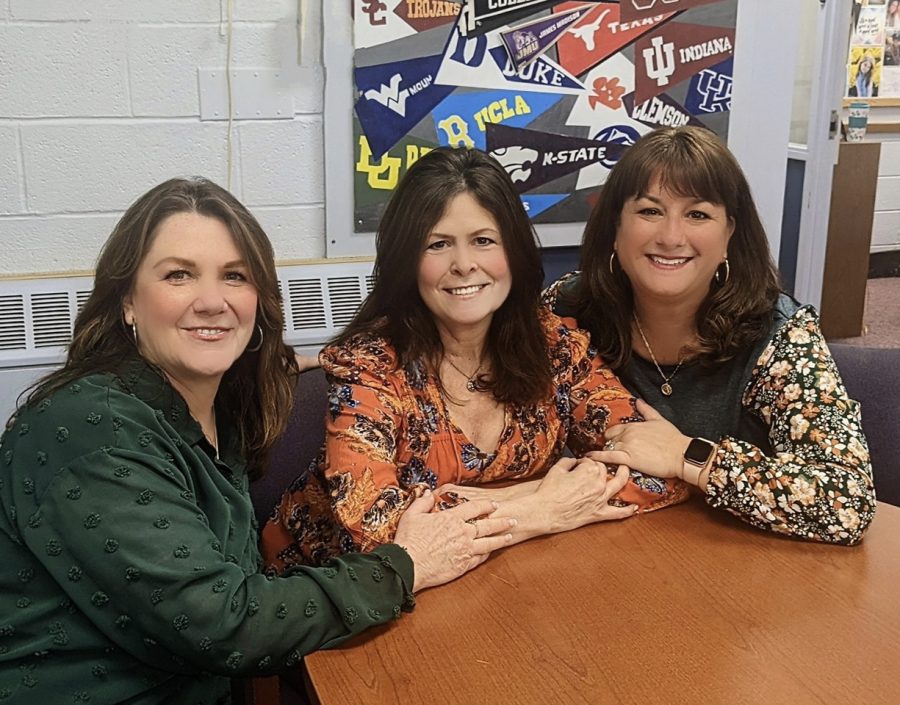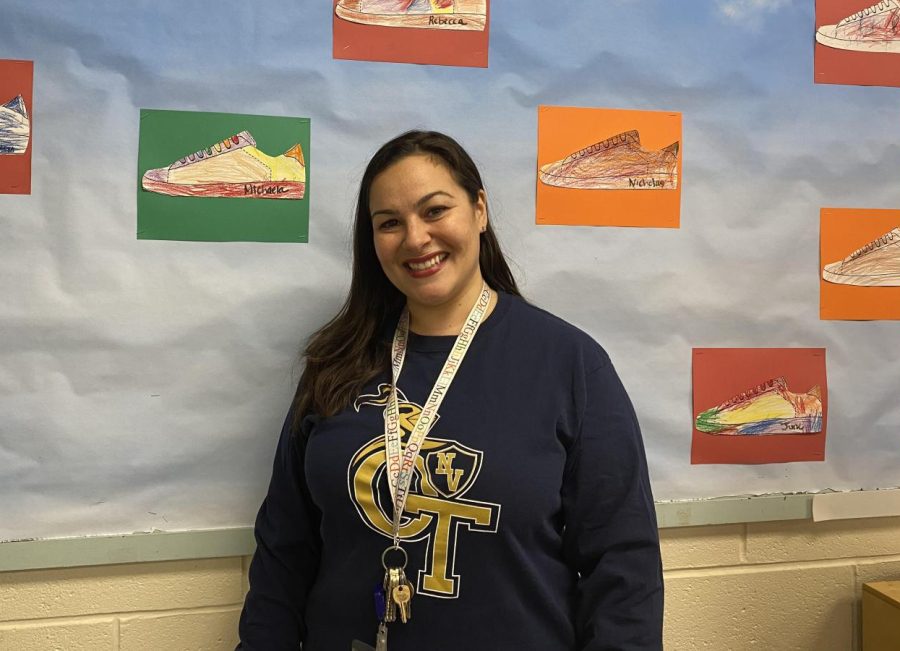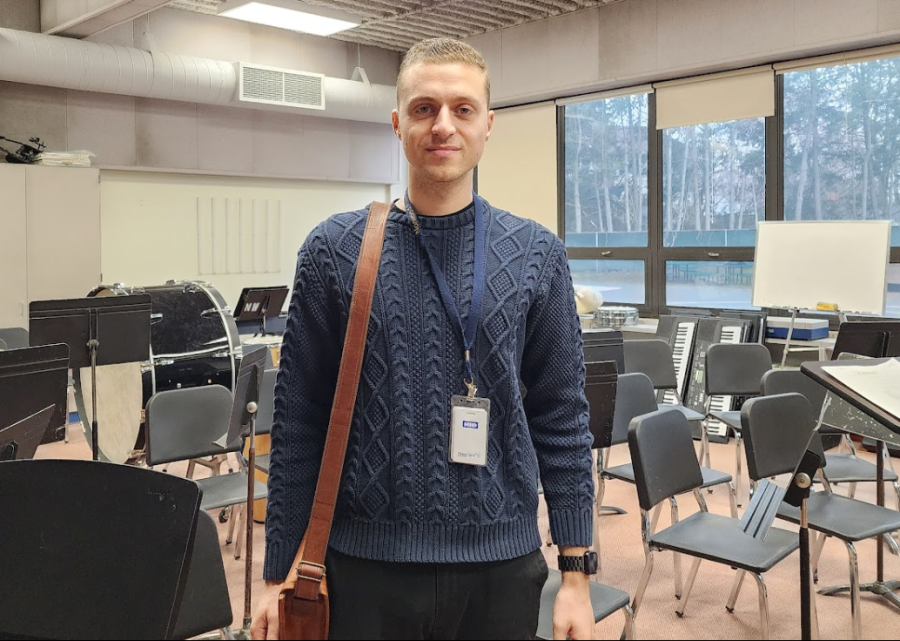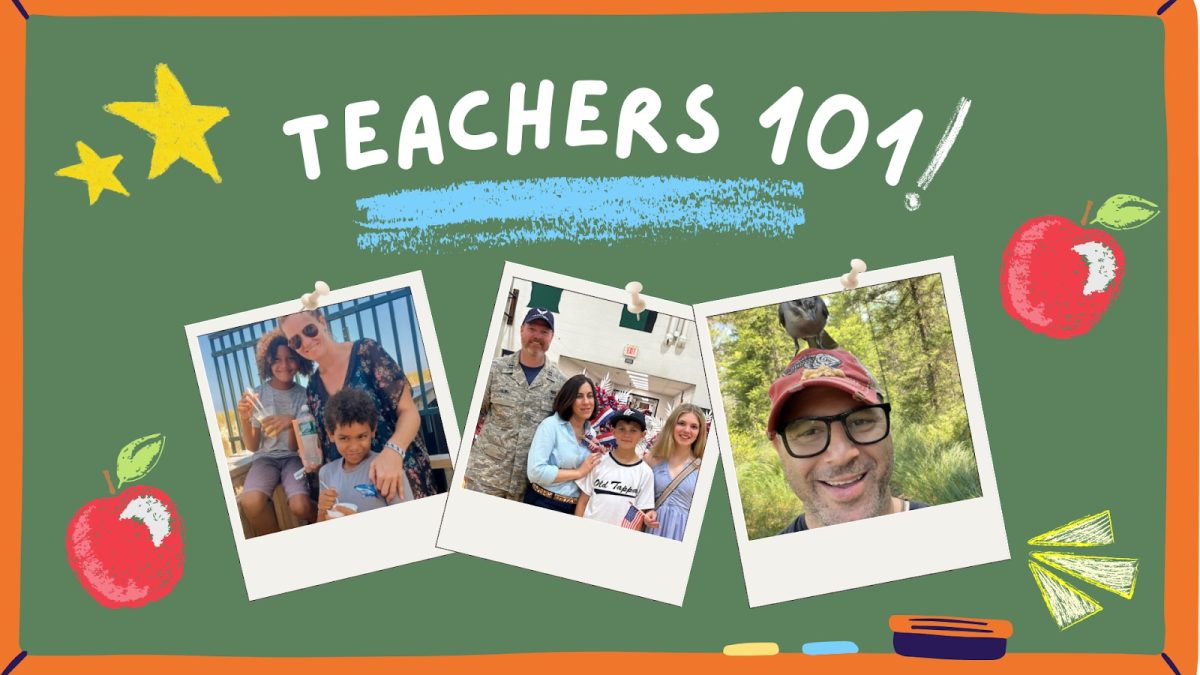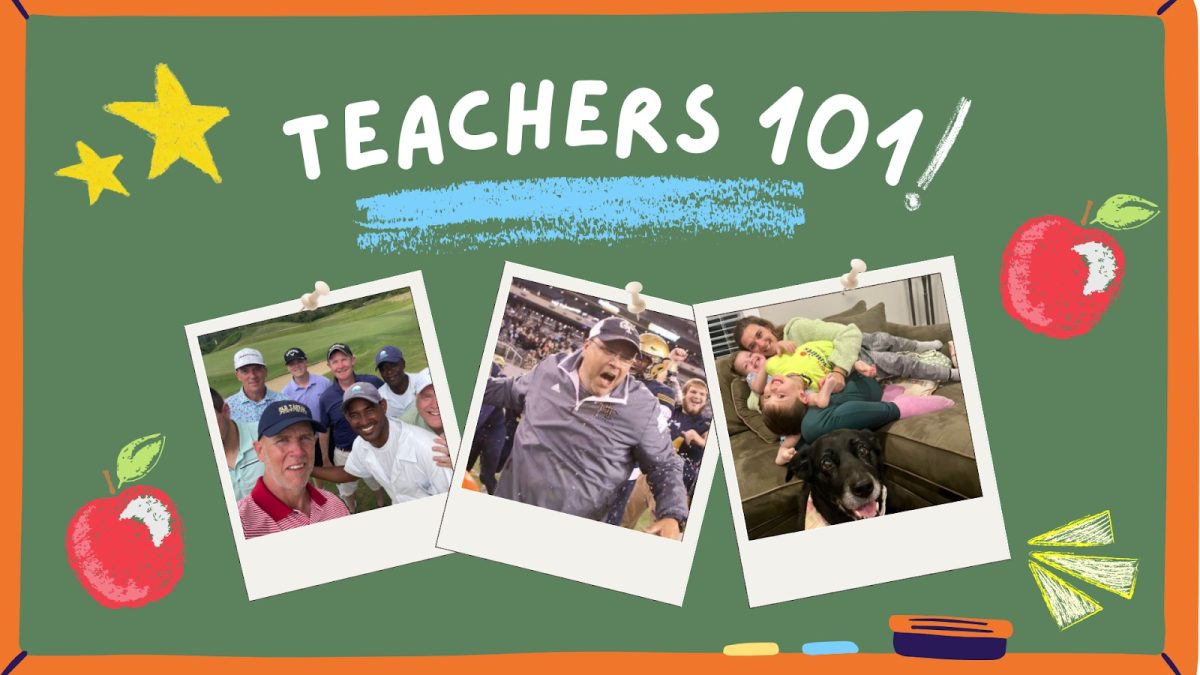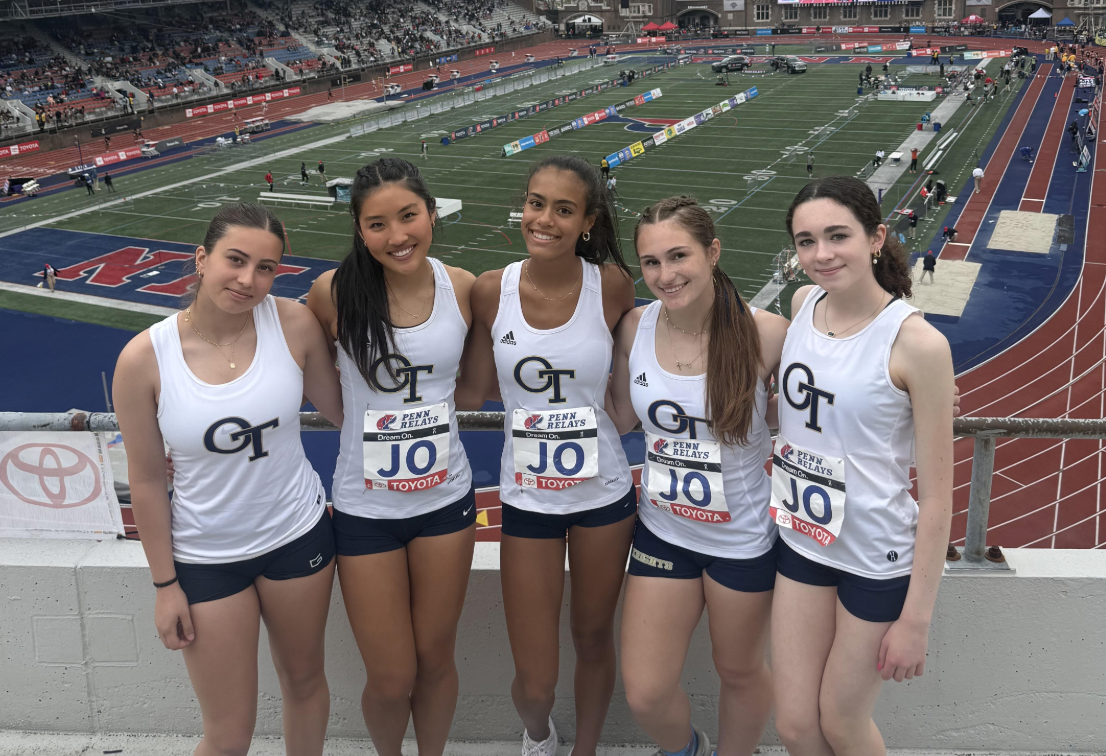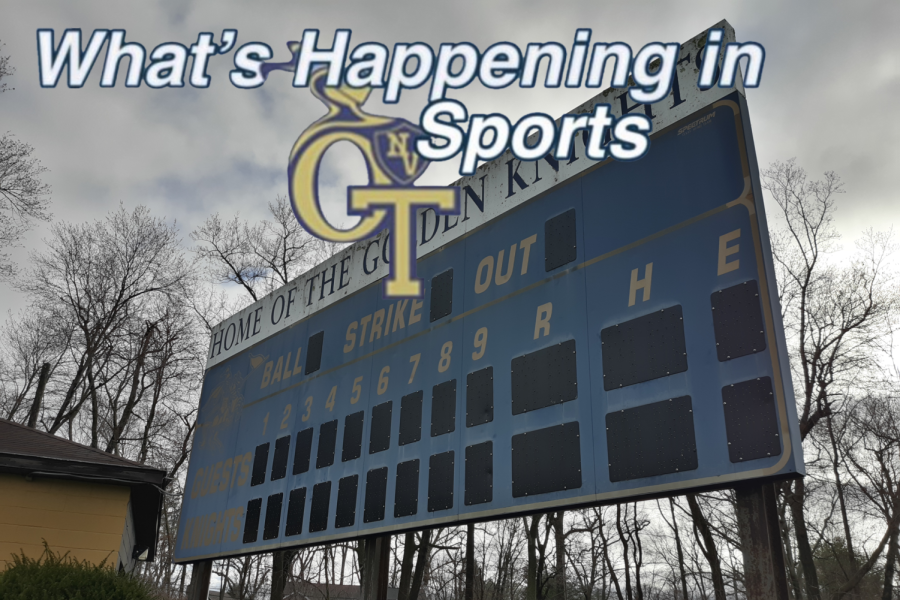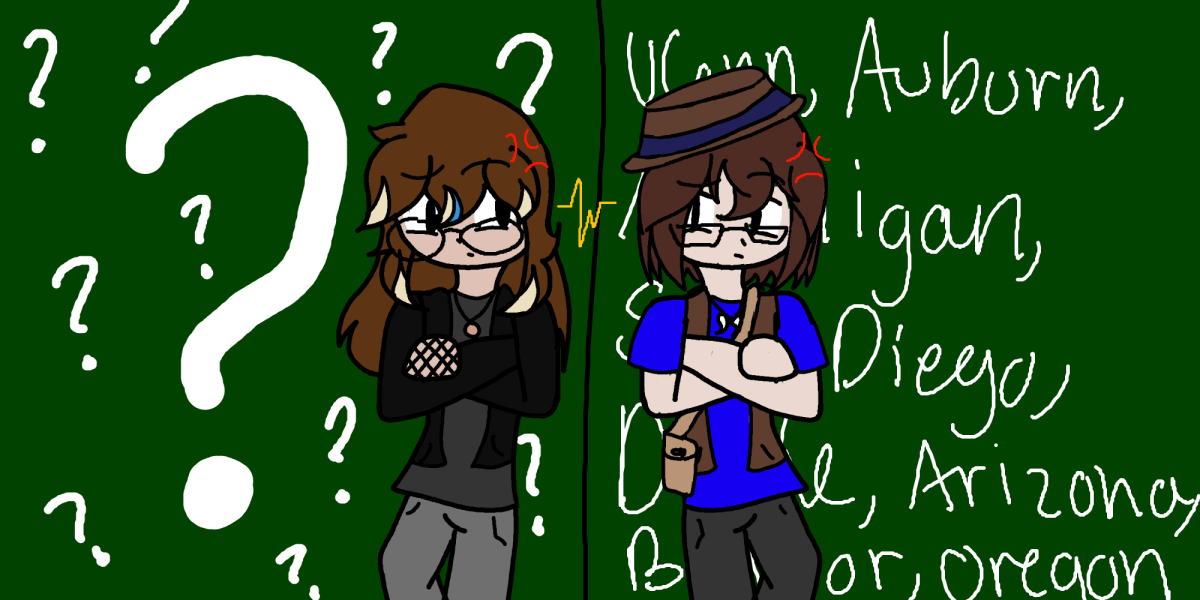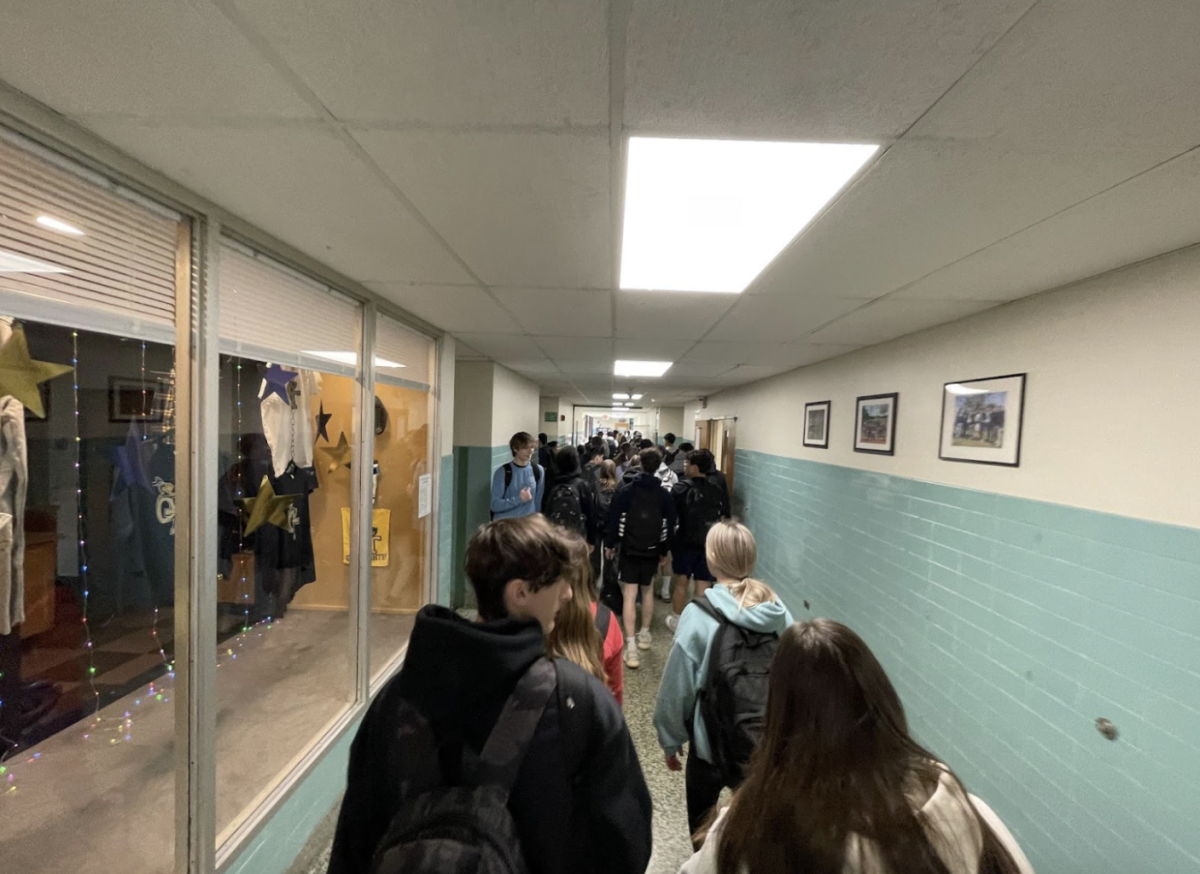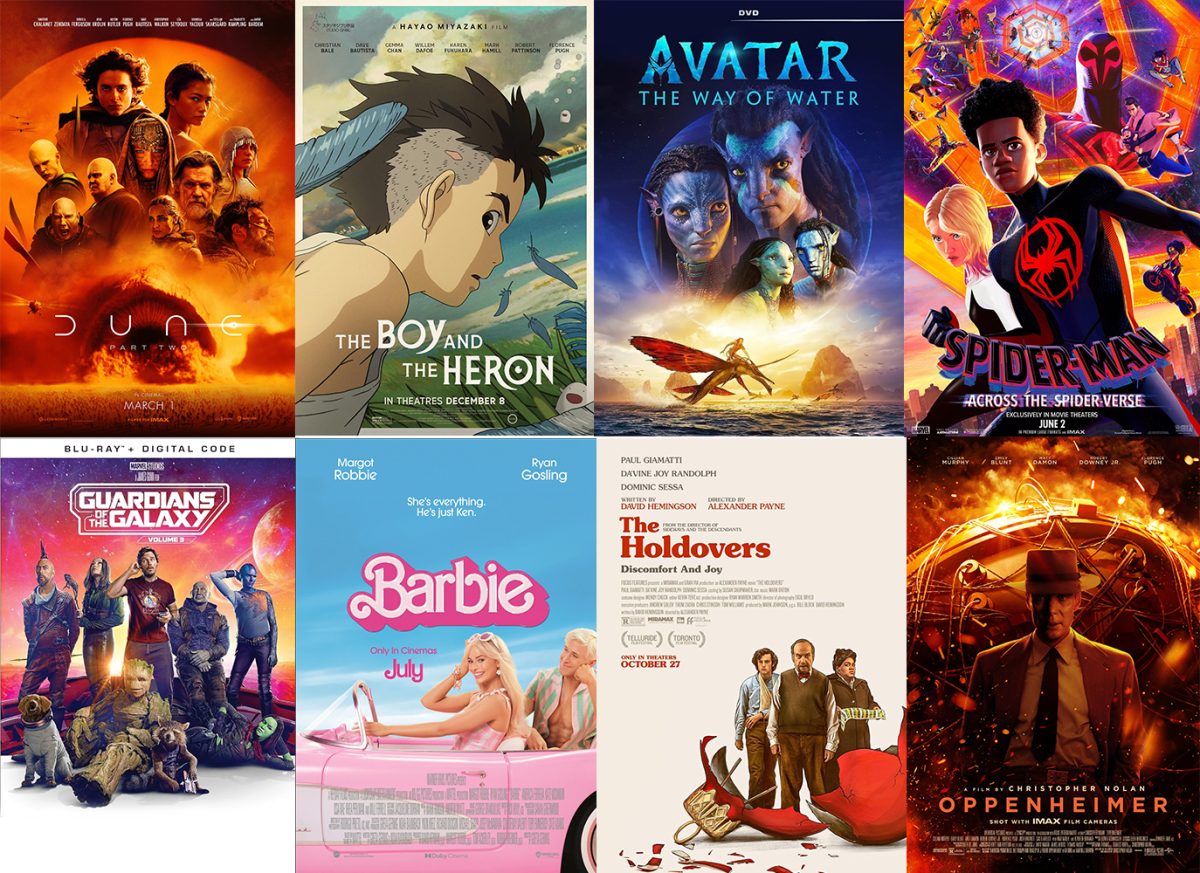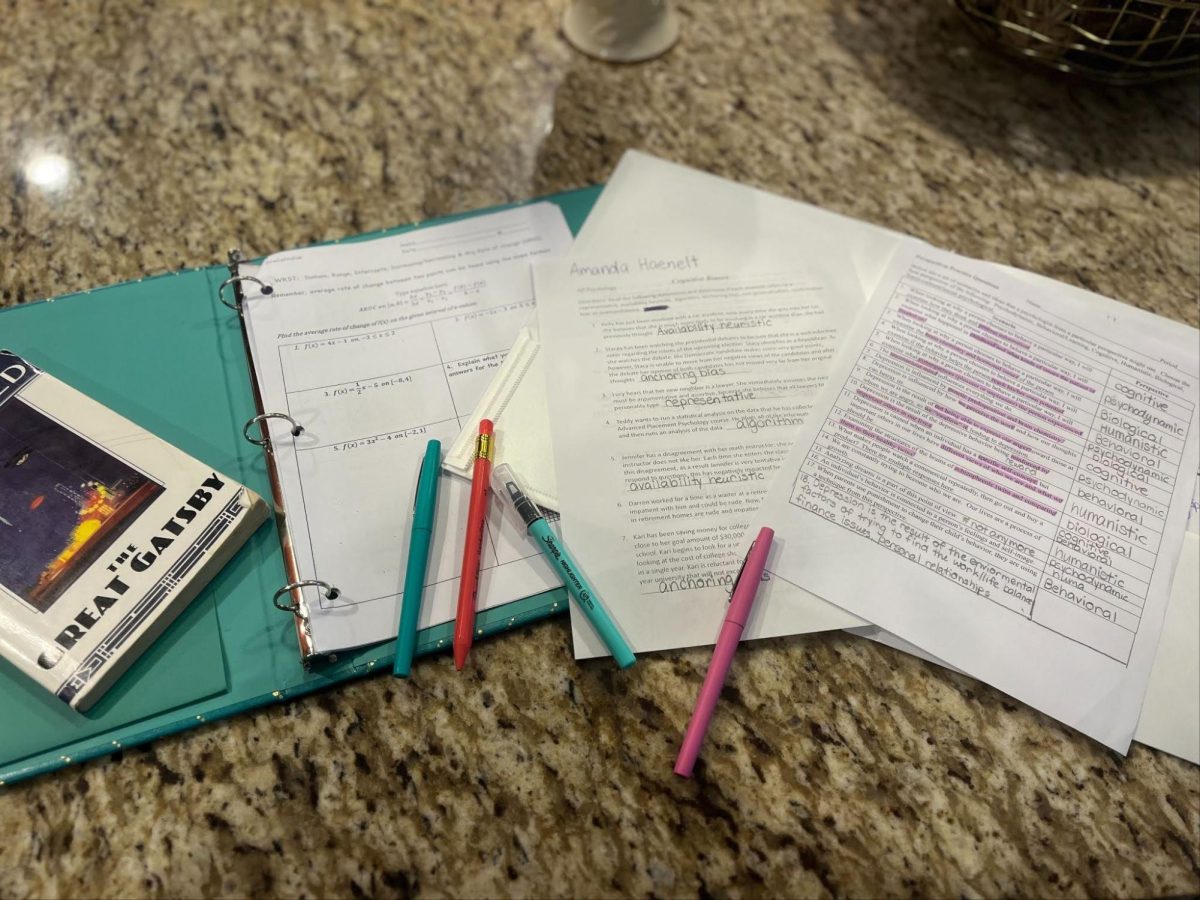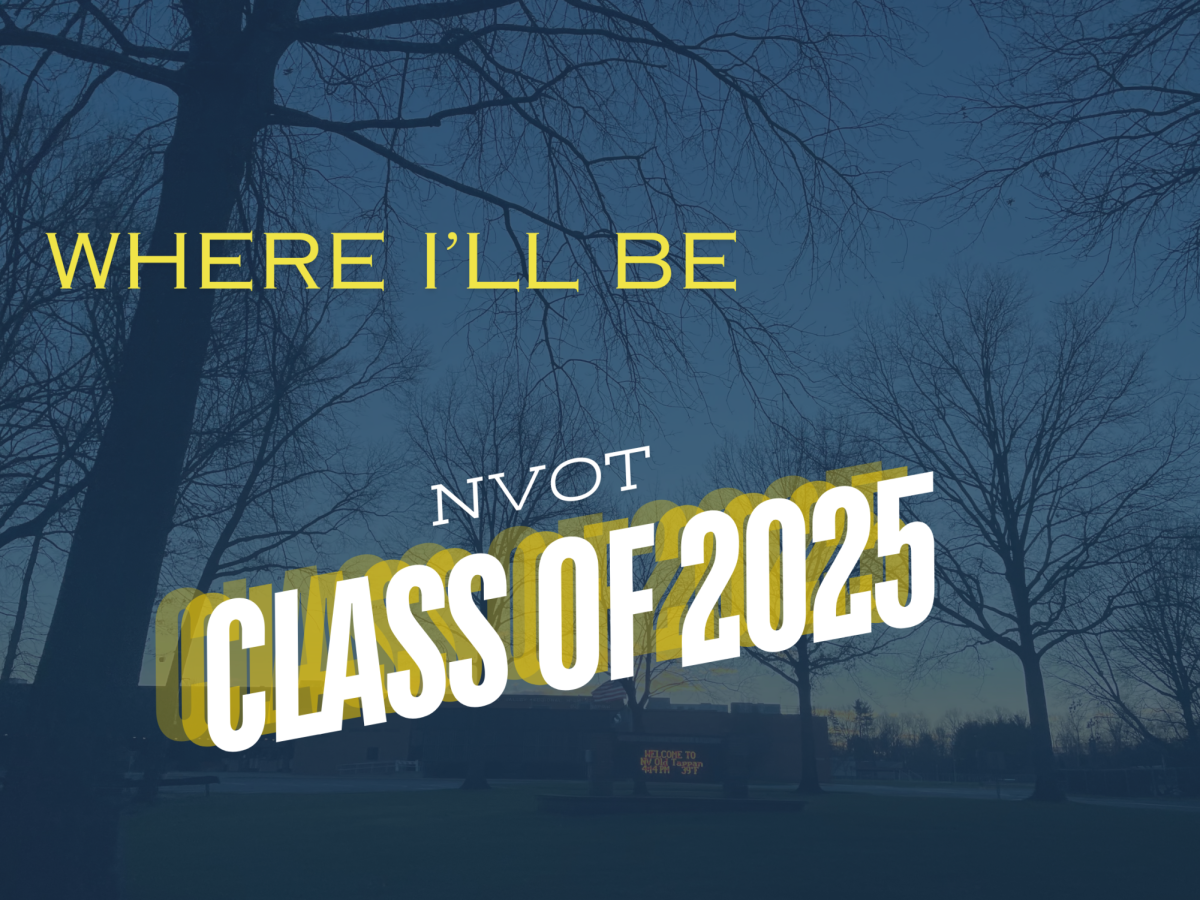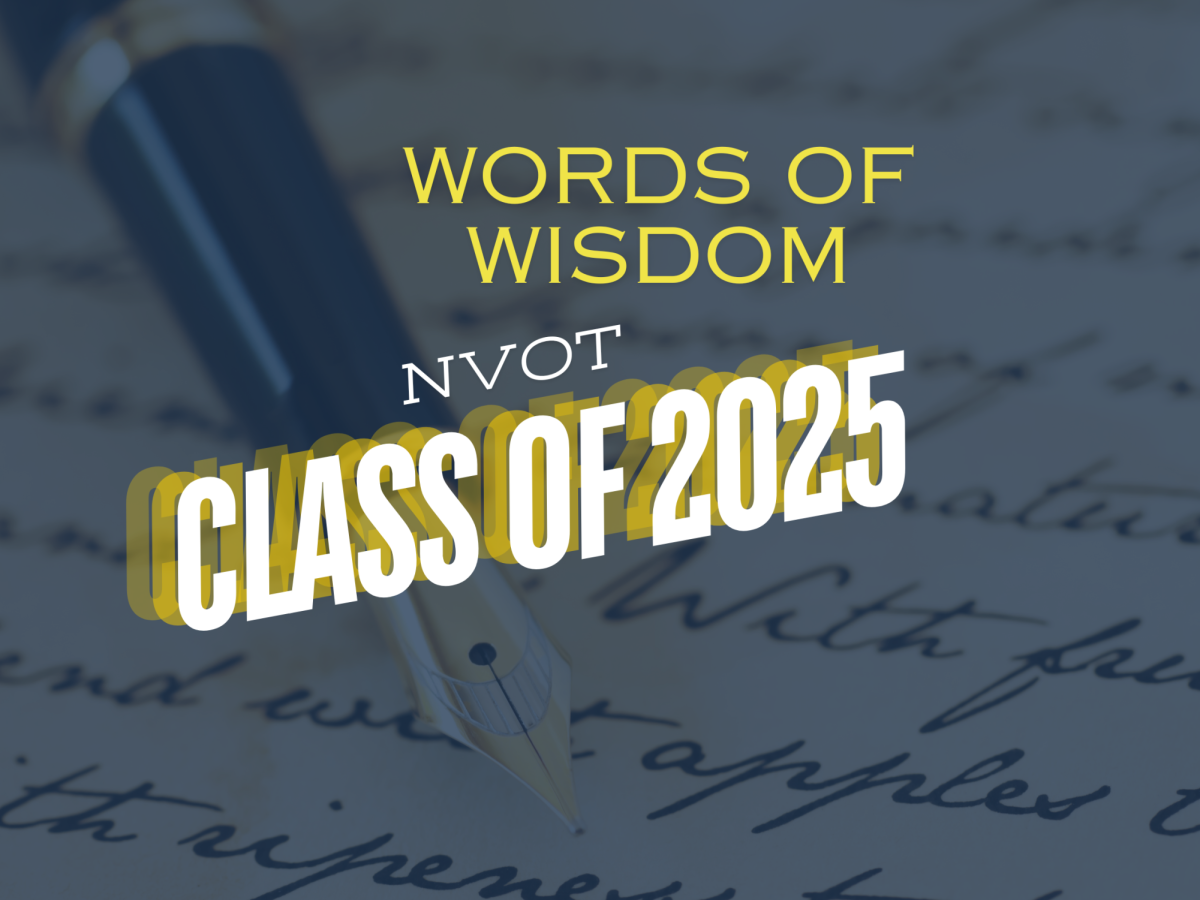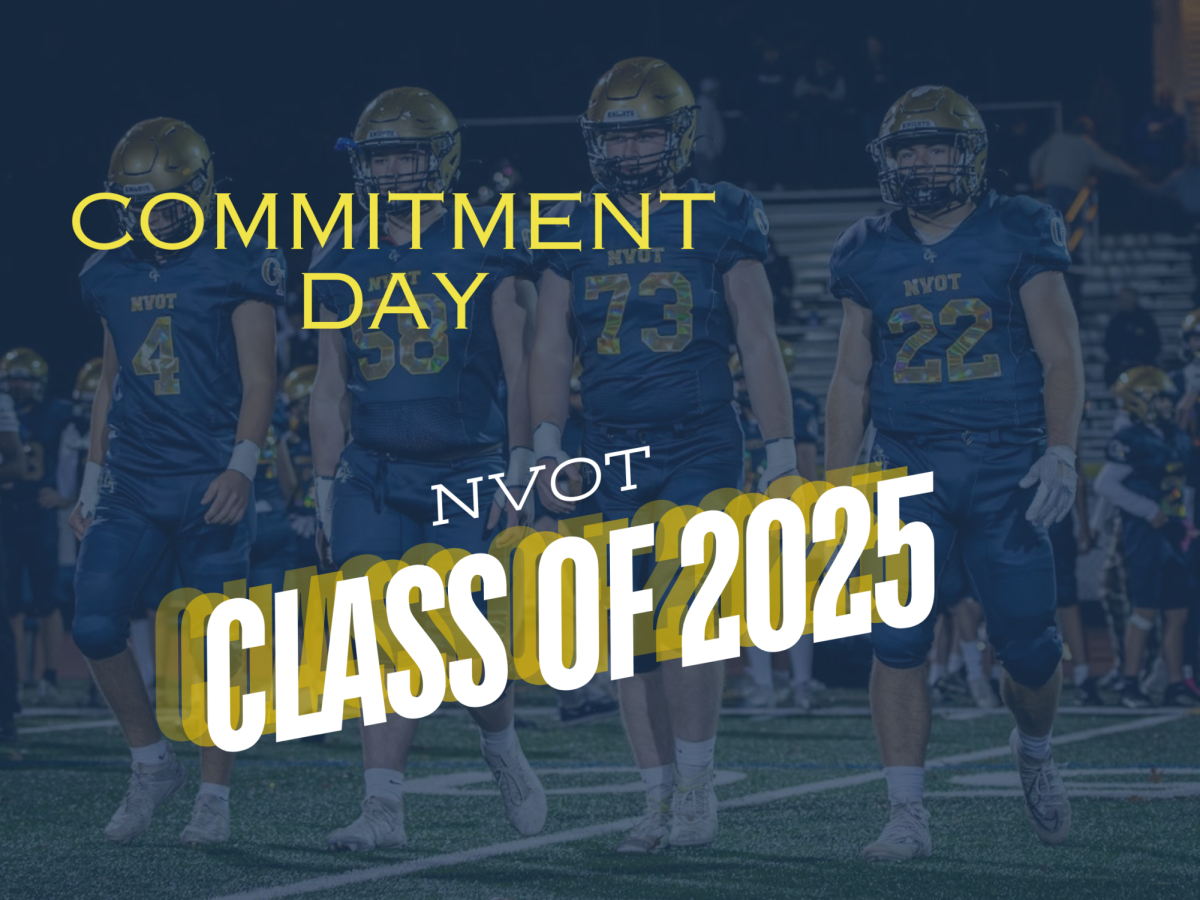Most students can think of one class that truly stood out to them, not because it was the easiest on their schedule or had the lightest course load, but because of how it made them feel. For me, that class was AP Psychology.
I never had a particular unit or lesson that I preferred over others, and I’ll admit that not every assignment was exciting. However, what made this class so memorable was the person behind it: Daniel Kinsella and his passion for teaching psychology.
When asked about what he enjoys most about teaching psychology he said, “For starters, I got hooked my freshman year in college and remain fascinated by the content. Because psychology is constantly evolving with new research and insights I am always continuing to learn and evolve as I share and simultaneously experience the sense of discovery about the very things that make us behave, think, and feel.”
He has a unique ability to turn pictures into something engaging and his clear explanations made complex ideas feel approachable and even fun to learn about. He didn’t just prepare us to memorize definitions for a test, he helped us see how these concepts are applied beyond the textbook.
He has a way of making the material click, something I hadn’t experienced in any other class. The lessons were never overly complicated or filled with unnecessary information. He broke things down in a way that helped me understand and remember them through real-world connections.
It’s rare for me to say a class made me more observant, but Psychology did. Kinsella encouraged us to notice the things we often overlook. I learned that memories are not as reliable as we think–they are constantly being reconstructed. That insight alone has altered how I perceive past experiences. It made me more open-minded and aware that my version of events may not be the only one, or even the most accurate.
Beyond memory, I started recognizing patterns in behavior and communication, both in myself and others. Concepts that once seemed out of touch suddenly felt like a reality. Deindividuation and conformity weren’t just terms to study anymore; they became tools to better understand the people around me.
Lastly, there is one final take away that I have learned from Kinsella’s class, one that I recognize and think about frequently. It has to do with how our nervous systems function. When I experience anxiety, which if I’m being honest is pretty often, I try to remember what he has taught me: the parasympathetic and the sympathetic nervous system can’t be turned on simultaneously, so basically my brain can’t be freaking out, and calm at the same time (even though I always try to make it work). Knowing this gives me a reason to slow down, take a moment, and remind myself to breathe.
Looking back, this class has allowed me to learn in ways that I can now connect to real-life situations outside of the classroom. Kinsella explains that he “want[s] [his] students to leave in June feeling more inspired, empowered, and knowledgeable than they were when they first walked in back in September,” and that is exactly how he has made me feel.
I won’t just miss the class itself, I’ll miss the excitement of learning something that truly interested me. It is the type of learning that doesn’t just end when I leave high school in June but will stay with me long after graduation. Realizing that I can better understand the people around me, and most importantly myself, has been truly empowering. I hope everyone gets the honor of taking a class such as AP Psychology with someone like Kinsella–a teacher who doesn’t just throw facts at you, but changes how you see the world.

